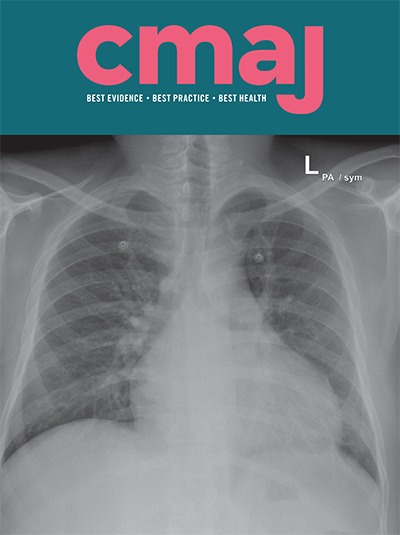BACKGROUND:
Less than two-thirds of children with abdominal pain in the emergency department receive analgesia. We sought to determine whether hyoscine butylbromide was superior to acetaminophen for children with nonspecific colicky abdominal pain.
METHODS:
We randomly allocated children aged 8–17 years with nonspecific colicky abdominal pain who presented to the pediatric emergency department of London Health Sciences Centre, London, Ontario to receive hyoscine butylbromide, 10 mg given orally, or acetaminophen, 15 mg/kg given orally (maximum 975 mg). We considered the minimal clinically important difference for the primary outcome (self-reported pain at 80 min) to be 13 mm on a 100 mm visual analogue scale. Secondary outcomes included administration of rescue analgesia, adverse effects and pain score less than 30 mm at 80 minutes.
RESULTS:
A total of 236 participants (120 in the hyoscine butylbromide group and 116 in the acetaminophen group) were included in the trial. The mean visual analogue scale scores at 80 minutes were 29 mm (standard deviation [SD] 26 mm) and 30 mm (SD 29 mm) with hyoscine butylbromide and acetaminophen, respectively (adjusted difference 1, 95% confidence interval –7 to 7). Rescue analgesia was administered to 4 participants (3.3%) in the hyoscine butylbromide group and 1 participant (0.9%) in the acetaminophen groups (p = 0.2). We found no significant differences in rates of adverse effects between hyoscine butylbromide (32/116 [27.6%]) and acetaminophen (28/115 [24.3]) (p = 0.5); no serious adverse effects were observed. The proportion with a pain score less than 30 mm at 80 minutes was 66 (55.0%) with hyoscine butylbromide and 63 (54.3%) with acetaminophen (p = 0.9).
INTERPRETATION:
Hyoscine butylbromide was not superior to acetaminophen in this setting. Both agents were associated with clinically important pain reduction, and either can be considered for children presenting to the emergency department with nonspecific colicky abdominal pain. Trial registration: Clinicaltrials.gov, no. NCT02582307



No comments:
Post a Comment